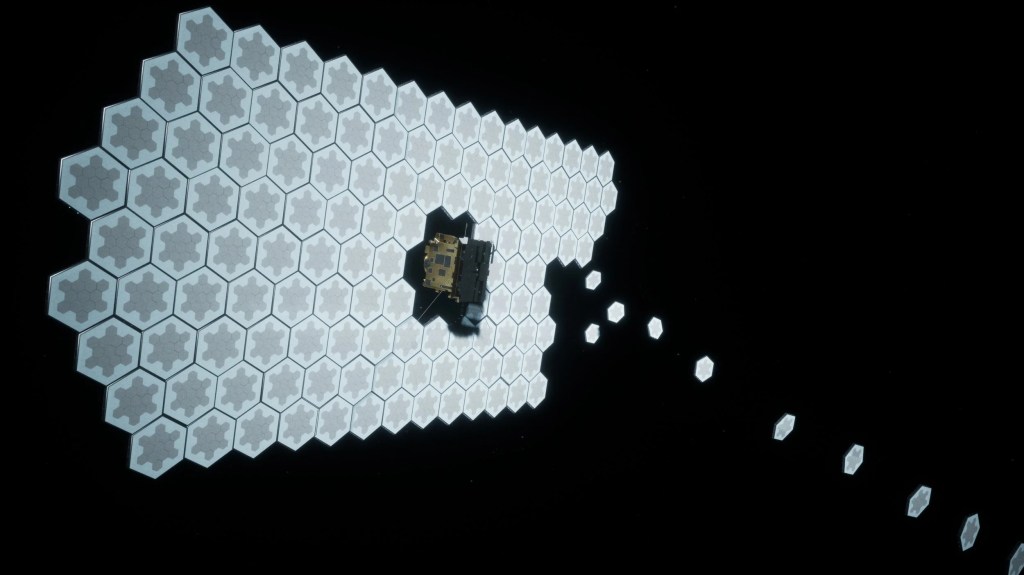For decades, the design and deployment of space structures have been limited by the constraints of rocket fairings, necessitating that all hardware be compact enough to fit within these confines. This limitation has made in-space assembly both time-consuming and costly. A prime example is the International Space Station (ISS), which required numerous launches and over $100 billion to assemble. Once constructed, such structures offer little flexibility for modification or expansion.
Rendezvous Robotics aims to transform this paradigm. Co-founder and President Joe Landon highlighted the challenges faced by current space missions:
When designing a space mission, you’re constrained by two factors: the need to fit or fold hardware into a rocket and the limitations of the satellite bus you’re using. Missions increasingly demand larger scales—bigger antennas, higher power, and consequently, larger radiators.
To address these challenges, Rendezvous Robotics is developing autonomous swarm assembly techniques combined with electromagnetism. Their flagship technology, known as tesserae, consists of flat-packed modular tiles that can be densely stacked for launch and then magnetically self-assemble in orbit. These tiles are designed to unlatch and reconfigure themselves in response to mission requirements.
Landon elaborated on the functionality:
The tiles locate each other, communicate, and autonomously assemble using magnetic docking. If mission parameters change, a simple command can prompt them to unlatch, reposition, or even enter storage, allowing for dynamic reconfiguration.
Currently, each tile is approximately the size of a dinner plate and about an inch thick. The company envisions scaling these tiles to match the diameter of rocket fairings. Each tile is equipped with its own processor, a suite of sensors, and a battery, making them relatively simple devices suitable for mass production at low cost.
The tesserae technology was conceived by Ariel Ekblaw during her tenure at MIT and further developed at the Aurelia Institute, a nonprofit organization she founded.
Rendezvous Robotics recently secured $3 million in funding to advance this innovative approach to space infrastructure. By enabling modular, reconfigurable structures in orbit, the company aims to provide more flexible and cost-effective solutions for future space missions.



